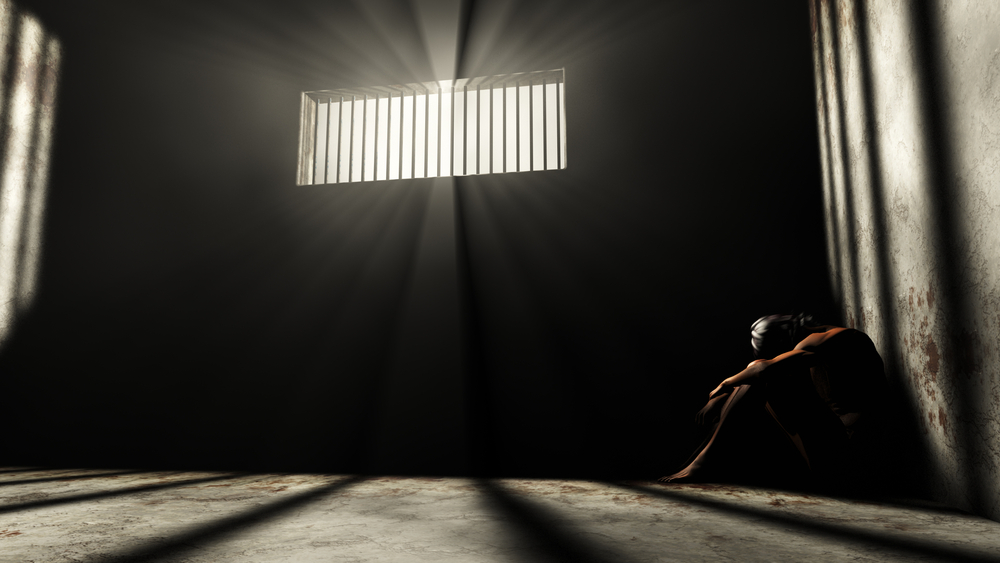Inmate in solitary for 27 years asks Supreme Court to rule on his Eighth Amendment claim

Image from Shutterstock.
Lawyers for Texas inmate Dennis Wayne Hope have asked the U.S. Supreme Court to decide whether his 27 years in solitary confinement violate the Eighth Amendment’s ban on cruel and unusual punishment.
Hope’s cert petition argues that solitary confinement is inconsistent with the original meaning of the Eighth Amendment because the practice was “unheard-of at the founding,” the New York Times reports in an article noted by How Appealing.
The 5th U.S. Circuit Court of Appeals at New Orleans had ruled 2-1 against Hope in June 2021, finding that solitary confinement never violates the Eighth Amendment.
The decision is in accord with rulings by three other appeals courts, according to Hope’s cert petition. Five other appeals courts have reached contrary conclusions, holding that prolonged solitary confinement can violate the Eighth Amendment in at least some circumstances.
Hope is serving an 80-year sentence for a series of armed robberies. He was placed in solitary in 1994 after he escaped from prison and spent about two months on the run. During that time, he carjacked a vehicle and robbed four grocery stores.
“Since 1994, Dennis Wayne Hope has spent virtually every waking minute alone in a cell somewhere between the size of an elevator and a compact parking space,” his cert petition says.
Hope says his long-term confinement has led to hallucinations and thoughts of suicide. He contends that the regular reviews of his isolation are “sham proceedings” that don’t comport with the due process clause.
Few prisoners spend decades in solitary confinement, the New York Times reports. It’s more common in Texas, where more than 500 prisoners have served more than 10 years in solitary, and 138 have served more than 20 years in isolation.


